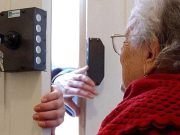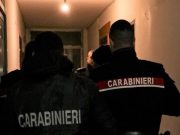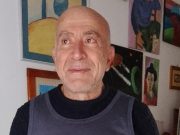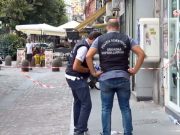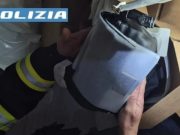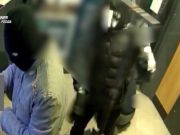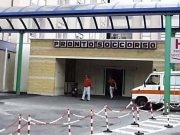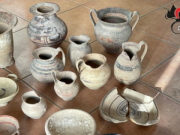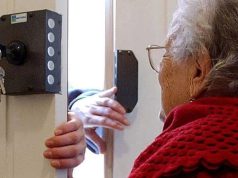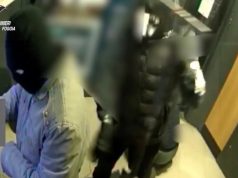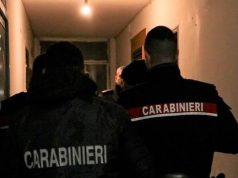Grottaminarda – “I would like to go back and see those places,” he said last July. Francesco Faretra, the last Grottaminarda fighter of the Second World War and witness of the Holocaust, did not manage to fulfill his wish. He passed away yesterday morning, just a few months before his hundredth birthday. His soldier’s experiences, former combatant, and then deportee, were narrated during a special day organized for him last year by the Municipality of Grottaminarda and the National Federation of Fighters and Veterans, in the “Thomas Meninno” hall of the Portoghesi palace.
Surrounded by the affection of his family, he remembered when, at the age of nineteen, he was enlisted in the 23rd infantry regiment stationed in Gorizia. After the armistice, he was captured by the Germans and taken to the Katowice concentration camp 8B in Poland. He was put to work in a foundry, and as the Russians approached at the end of the war, the Nazis made all the deportees, including the Grottaminarda soldier, leave with them so that there would be no testimony of the atrocities being committed. Faretra managed to escape and almost reached Hungary. With those who had managed to escape with him, they sought refuge in some houses where they were hosted. Faretra, almost with tears in his eyes, remembered: “Killing people is a bad thing, like wars. Why do they still happen?” he said that day in Grottaminarda. The liberating Russians put him on a train, and he arrived in Forlì, then Benevento, and finally home. Despite being on the verge of a hundred years old, Francesco Faretra said that the future belongs to the younger generations. “Life must be lived,” he said before receiving a commemorative plaque. “I say this especially to them. Mine,” he concluded, “has passed. And yesterday, the last witness from Grottaminarda of the Holocaust has left us, leaving us with a great lesson.”


